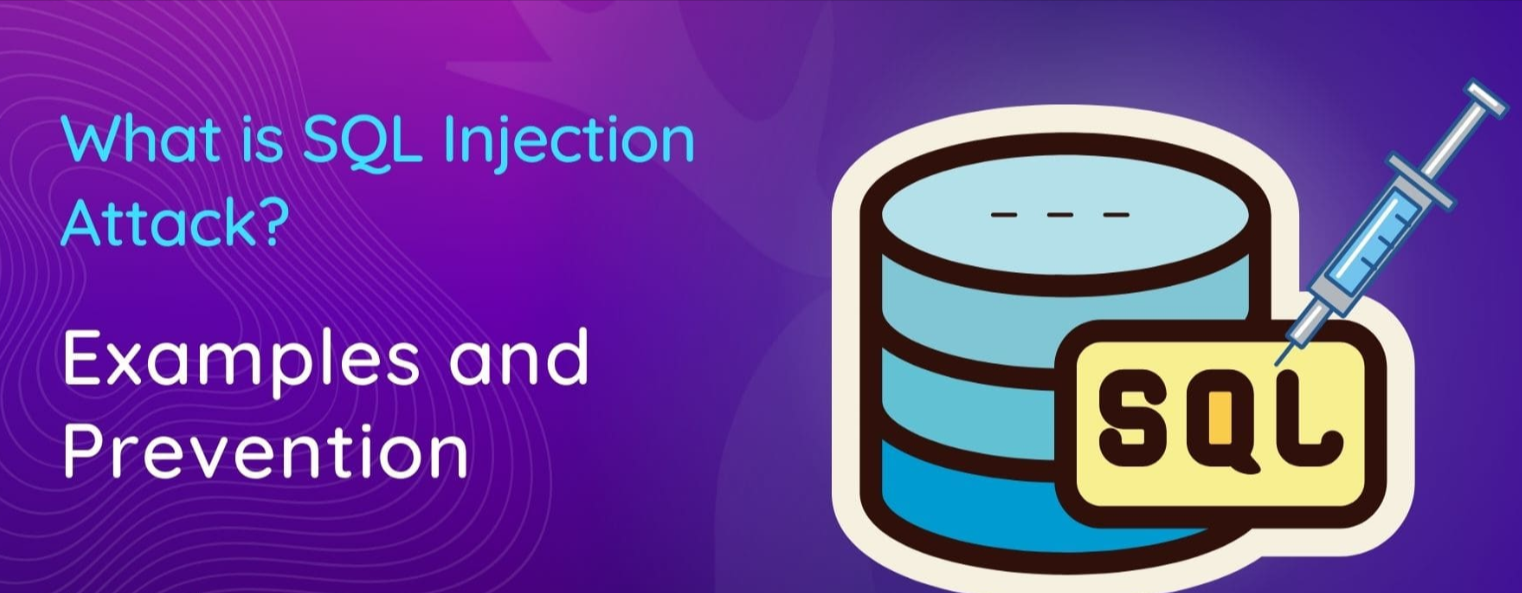What is SQL Injection? How Hackers Exploit Database Security

So let's go into SQL injections, learn how those hackers execute their treacheries, and the big deal here: how to protect your database from their cunning attacks.
Dubbed SQL, the language that serves to converse with databases has enabled myriad sites to fetch or tweak stuff-for instance-who is logging in. But, should some ghastly guy paste a nasty SQL command into an innocent query with an input box, well that would be SQL injection. They are aiming to pull off stuff they shouldn't be doing on the database.
For example, if a login form does not check its input very well, a hacker could write some SQL into the 'name' or 'password' input box. By having the queries interpreted against the database, the hacker is suddenly inside, looking at stuff that they really shouldn't be, or, worse, deleting or altering data.
How's SQL Injection Do Its Thing?
SQL injection is being said to occur when the website messes up handling user input. This means that the input field - for example, enter your username in the login - actually contains some typing. The site forms a sort of SQL query to check the input along with its database. But if the input was not properly checked by the application, then a hacker can manipulate this query and create havoc within the database.
For example, an attacker could embed some SQL code in a username box to bypass all authentication mechanisms, steal secret information, or cause events that should not occur in the database. Problem: unchecked input can run harmful SQL commands along with the desired ones.
Kinds of SQL Injection Attacks
Hackers have a few tricks, like different kinds of SQL injection attacks they go for, including:
Error-Based SQL Injection: Hackers trigger database mistakes to get helpful clues on its makeup. This help them plot more attacks.
Union-Based SQL Injection: They wield the
UNIONSQL command to mash up multiple query outcomes. This lets them fish out data from alternative tables.Blind SQL Injection: In these sneaky attacks, the hackers toss yes/no queries at the database. They figure out its design by not peeking at the query answers.
Time-Based Blind SQL Injection is a trick where baddies get the database to chill for a bit before it answers them. They watch how long it takes to get back, which tells them if their sneaky code worked and lets them snoop around in the database's business.
Hackers find SQL injections pretty useful for all sorts of bad stuff. Here's how they mess with things:
Skipping Over Security Checks
When hackers mess with SQL injections, they can sometimes just waltz past the login screen and sneak into people's accounts even the boss-level admin ones. That means they could swipe secret info or take over the whole site.
Snatching Secret Info
These sneaky SQL tactics let attackers grab private stuff like usernames, passwords, people's credit card details, and other personal bits. They might use that to pretend to be you, buy stuff they shouldn't, or just sell it to shady characters who hang around the darker corners of the internet.
Messing With or Getting Rid of Data
It turns out that SQL injections can help hackers change things up or wipe data right out of the database. Imagine going to check your favorite site and finding out everything's gone. Total chaos right?
Sometimes, hackers might sneak in some SQL commands that mess up or change the stuff inside a database. This could wreck the data, make important info vanish or wreck a site's database.
4. Running Stuff
When hackers get fancy with SQL injection, they can do whatever they want on the server. This could mean putting bad software on there or taking over the whole system.
5. Getting More Power
SQL injection can help a bad guy get more power in the system. They could end up getting past the security and get their hands on the server's control panel.
Stopping SQL Injection Attacks
SQL injection's pretty bad, but no sweat, we've got a bunch of ways to shield ourselves:
1. Go for Prepared Statements
Alright so prepared statements are like bouncers for your database. They keep the SQL commands and the stuff people type in their own corners. It means nothing funky the users try to slip past the bouncer gets to the code. Hackers trying to mess with SQL codes? Nope, not gonna happen.
2. Check Inputs Like a Hawk
Before you throw any user-given info into your SQL queries, give it a good once-over. You're looking for the right kind of data, not too long or in some weird format. If it smells fishy, toss it out. No second chances here.
3. Keep a Tight Leash on Database Rights
Restrict the app user's access to the database. Say the app doesn't need to scrub off data, skip giving it 'DELETE' rights. Doing this curtails how much harm a successful hack might do.
4. Roll with ORM Frameworks
Go for Object-Relational Mapping aka ORM. It kinda puts a veil over SQL queries, which means less chance of SQL injection mess-ups. , these setups crank out tighter queries and take care of talking to the database without a hitch.
5. Handling Glitches
Don't flash all the techy error deets to your audience. Spilling the beans on database oopsies can toss a bone to the bad guys letting them snoop around your database's blueprint. It's way smarter to show some bland oops message and keep the nitty-gritty for your team to poke at behind the scenes.
6. Check Up on Security Regularly
Make sure to do security check-ups and penetration testing on the regular, to catch and repair any possible security holes in your web app. It's super important to get ahead of the game and spot the weak spots before some hacker dude takes advantage of them to keep things tight and secure.
Conclusion
SQL injection's no joke—it's a big bad problem that could wreck sites and apps. If you get the down-low on how SQL injection hits and you make sure to use things like ready-made statements, checking inputs, and keeping database rights on a tight leash, you'll be way ahead in stopping these kinds of nasty attacks.


